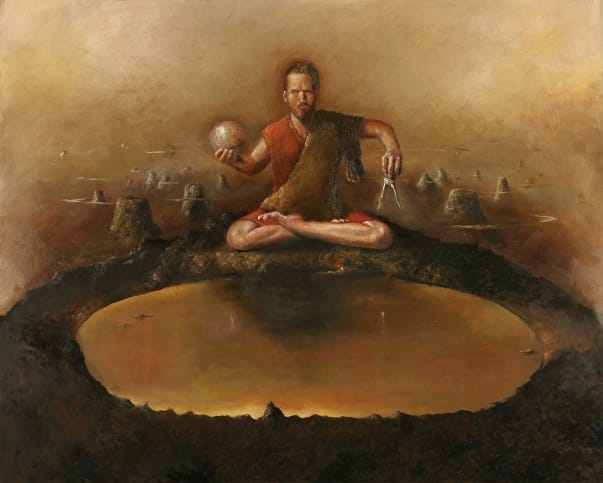Step 70 of Steps to Knowledge is a review, but not a review of the past seven steps, as Step 56 and Step 63 are. Step 70 is a review of the past three weeks worth of practice. Step 70 is a review of Steps 50 through 69. One could call it “the little big review,” as Step 49, a review of Steps 1 through 48, is “the big review.” Steps 1 through 7 are reviewed a total of three times (Step 7, Step 14, Step 49). Steps 8 through 48 are reviewed two times (once in the weekly review, and once in Step 49). Steps 50 through 62 are reviewed two times (once in the weekly review, and once in Step 70). Steps 64 through 69 are reviewed once, in Step 70. This is the first of a series of three posts on the Step 70 review.
Step 70 is one of three steps (49, 70, and 140) which use the word “Congratulations!” I’m not exactly sure why congratulations are in order, but anyone who has reached this point realizes that Steps to Knowledge means what it says. Therefore, I will accept the idea that a certain accomplishment has taken place.
I wrote more about my experience in the Step 56 and Step 63 reviews than I did in the Step 70 review. But I believe it might still be useful to share what I wrote with a little bit of commentary.
I will accept my non-acceptance as it is
Step 50 – Today I will be with Knowledge – “I seem to recall that I did the practice, but I have no memory of any particular experience.”
Step 51 – Let me recognize my fears so that I may see the truth beyond them – “There is truth beyond my fear that I’m going to **** it all up, fail to reclaim Knowledge.” In the Step 56 review I wrote “I recall the Bible verse about how the devil, through the fear of death, keeps people in lifelong bondage. Fear reduces to the fear of death, when the chain is followed long enough. I considered the truth behind a laundry list of fears.” I am pleased with myself that I wrote a number of posts about this Step.
Step 52 – I am free to find the source of my Knowledge – “I am free to receive God.” In the Step 56 review I wrote “I didn’t get this Step. God is the source of my Knowledge. Does this step mean I’m free to find God today? I took a vacation of a couple of months before completing this step in the midst of my bewilderment.” On further review, I consider that an error. Don’t do that.
Step 53 – My gifts are for others – “I am mystified by my gifts. I don’t even know what my gifts are. Child said my autism is a gift.” In the Step 56 review I wrote “This Step was not controversial to me. I have had a lifelong desire to contribute, but it has been thwarted, mocked, stomped on till it don’t move no more.”
Step 54 – I will not live in idealism – “I have an ideal to be normal. I have an ideal to be useful.” I wrote in the Step 56 review, “I only have 70 trillion ideals, be a super-missionary, end world hunger, enlighten the planet, etc.” Between the time I did this step and now, I have given up on the ideal of being normal. I would like to fulfill my mission in life, though.
Step 55 – I will accept the world as it is – “So this is the world I came to serve. Talk about your fixer upper.” In the Step 56, review, I wrote “I accept that I don’t want to accept the world as it is, not even a little bit.” Acceptance has to start somewhere.
Welcome to Mystery of Ascension! We are students and advocates of the the New Message from God. We are members of a worldwide community. We seek to assist the world in successfully navigating difficult times ahead. We seek to assist the world in successfully emerging into a greater community of intelligent life. You will also find some poetry. Find out more about us here. Contact us here.




